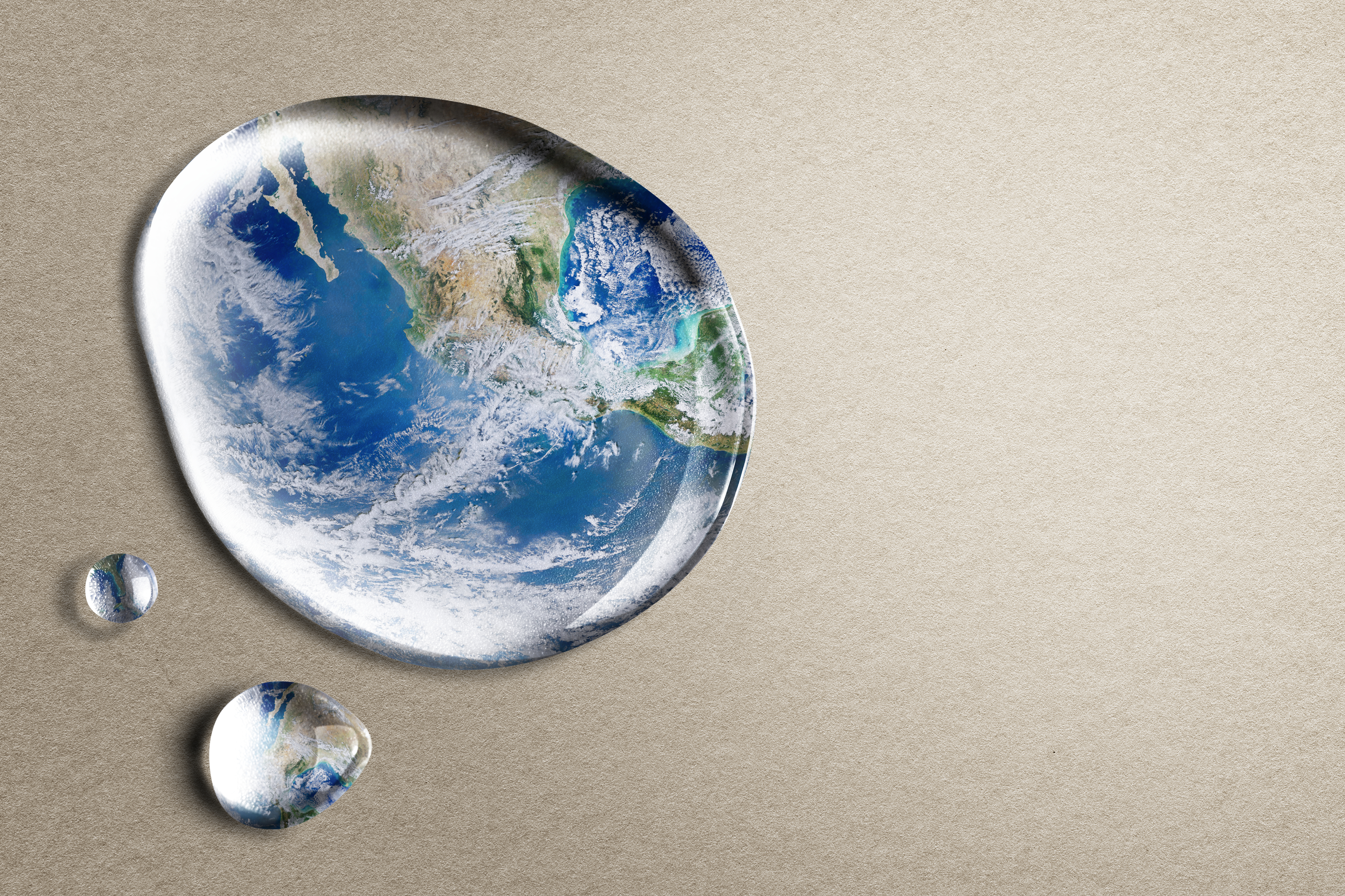Caring for the Heart
6 minutes read | 0 comments
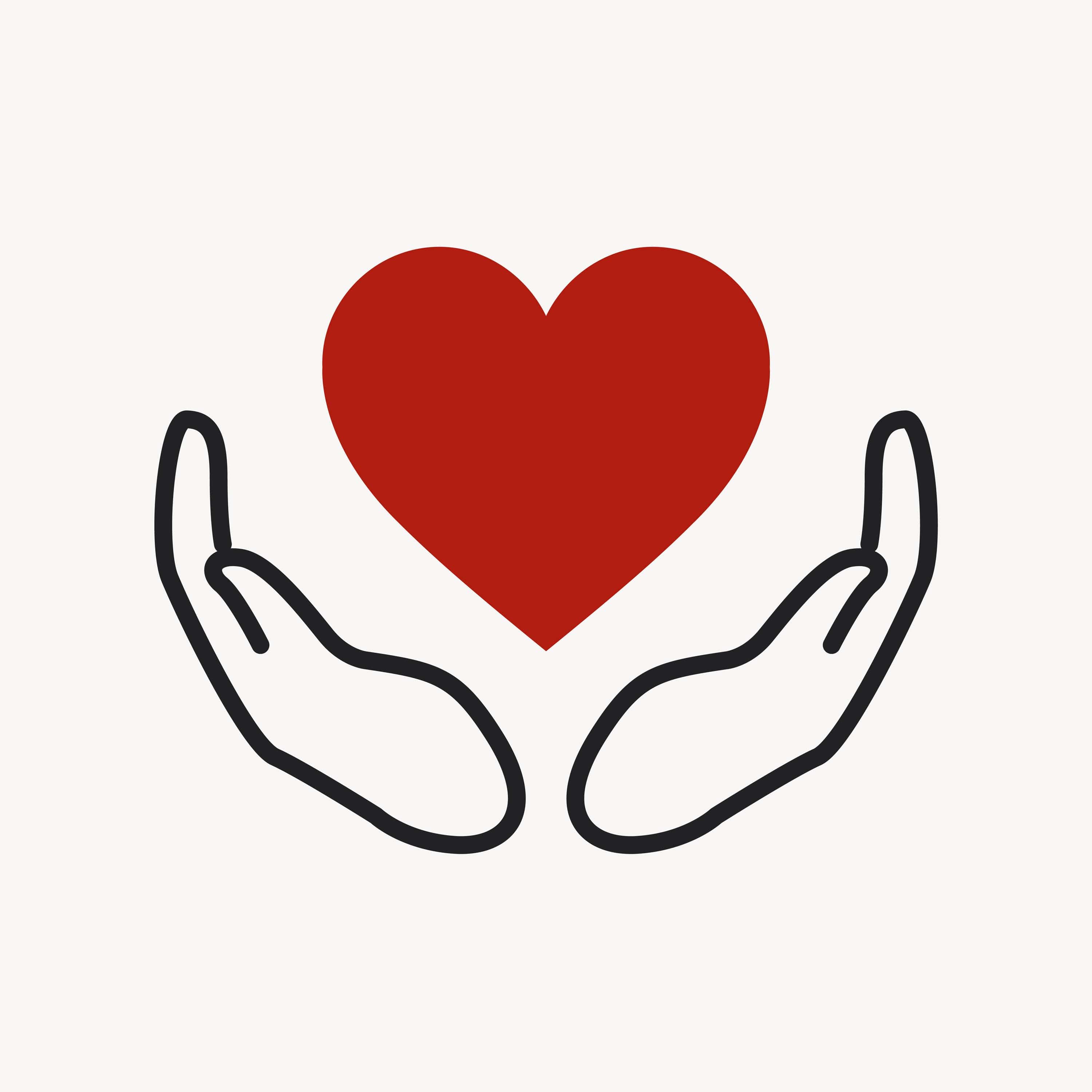
Written by Joseph Addo
The heart
The fifth largest organ of the human body is the heart, with its average size about that of a fist.

This organ has turned out to be the centre of all body functions since it supplies every part of the human body with blood containing oxygen. Due to the very important function of the heart, it’s very important to ensure that it remains protected.
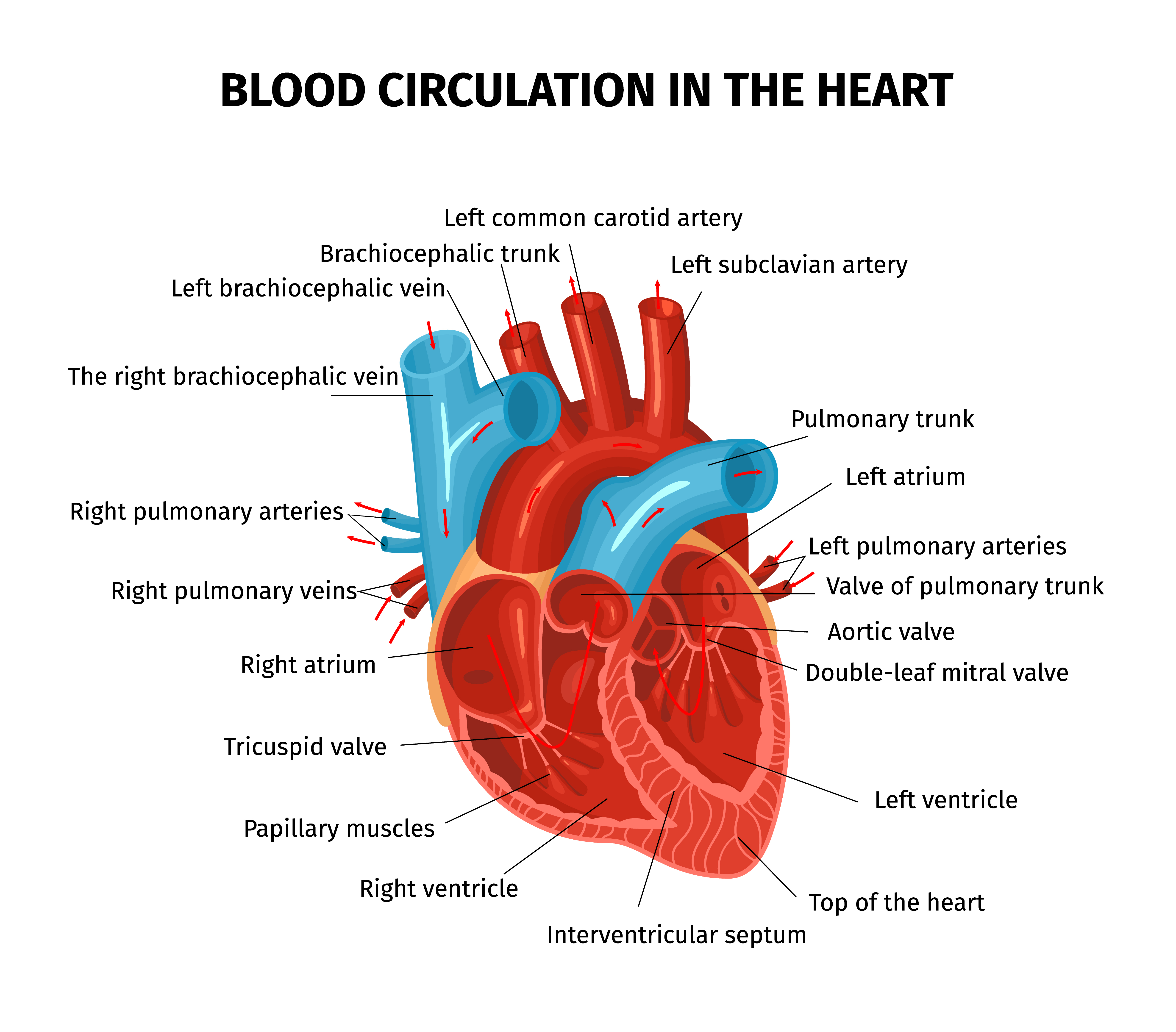
The heart is divided into the atria (top) and the ventricles (bottom) and these are further divided into the left and right sections, these make up the four chambers of the heart; right atrium, right ventricle, left atrium and left ventricle. This separation is due to the presence of the septum which prevents oxygenated blood (blood containing oxygen) and deoxygenated blood (blood without oxygen) from mixing up. The atrium receives and pumps blood down into the ventricle and the ventricle pumps the blood out to the body. The right ventricle has a thin wall because it pumps deoxygenated blood over a short distance to the lungs for oxygenation and the left ventricle has a thick wall because it pumps blood to every other part of the body.
So the heart looks like this
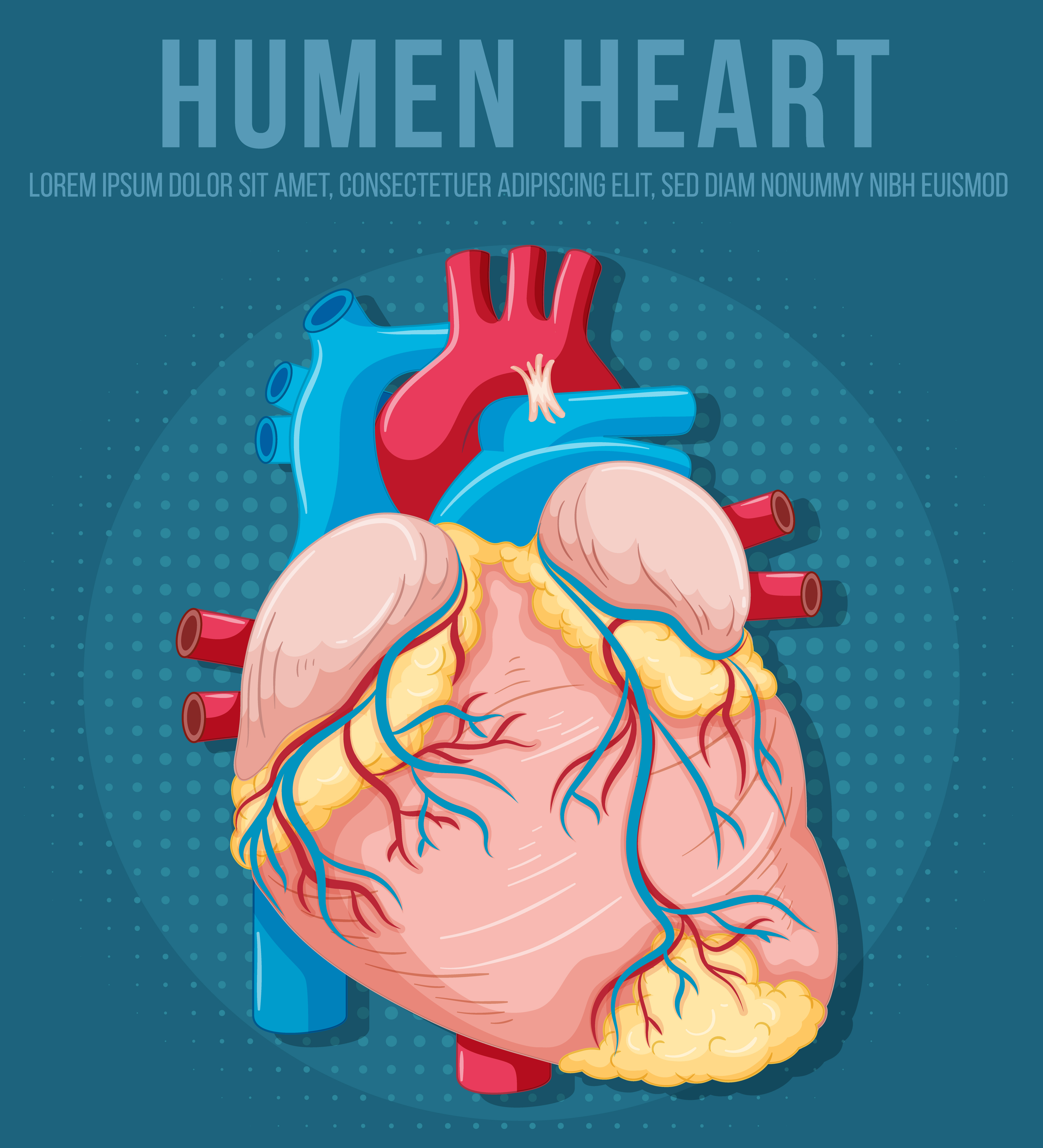
And not this little emotional guy here

Functions of the heart
Enough of the anatomy, let’s take a look at some of the functions of the heart; yes, we know the heart pumps blood to every part of the body but that’s not all there is;
- The heart pumps blood containing oxygen to the cells in various parts of our body to help the cells convert food to energy to carry out our various activities.
- The heart helps get rid of the carbon dioxide produced after oxygen consumption by carrying the deoxygenated blood to the lungs.
- The heart pumps hormones and other essential chemical substances or nutrients needed in various parts of the body.
- The heart helps maintain a stable blood pressure.
- The heart pumps blood to the liver to help get rid of waste substances or toxins.
Diseases of the heart
The heart, like all other organs, is susceptible to malfunction or to diseases and below are some of the diseases that affect the heart;
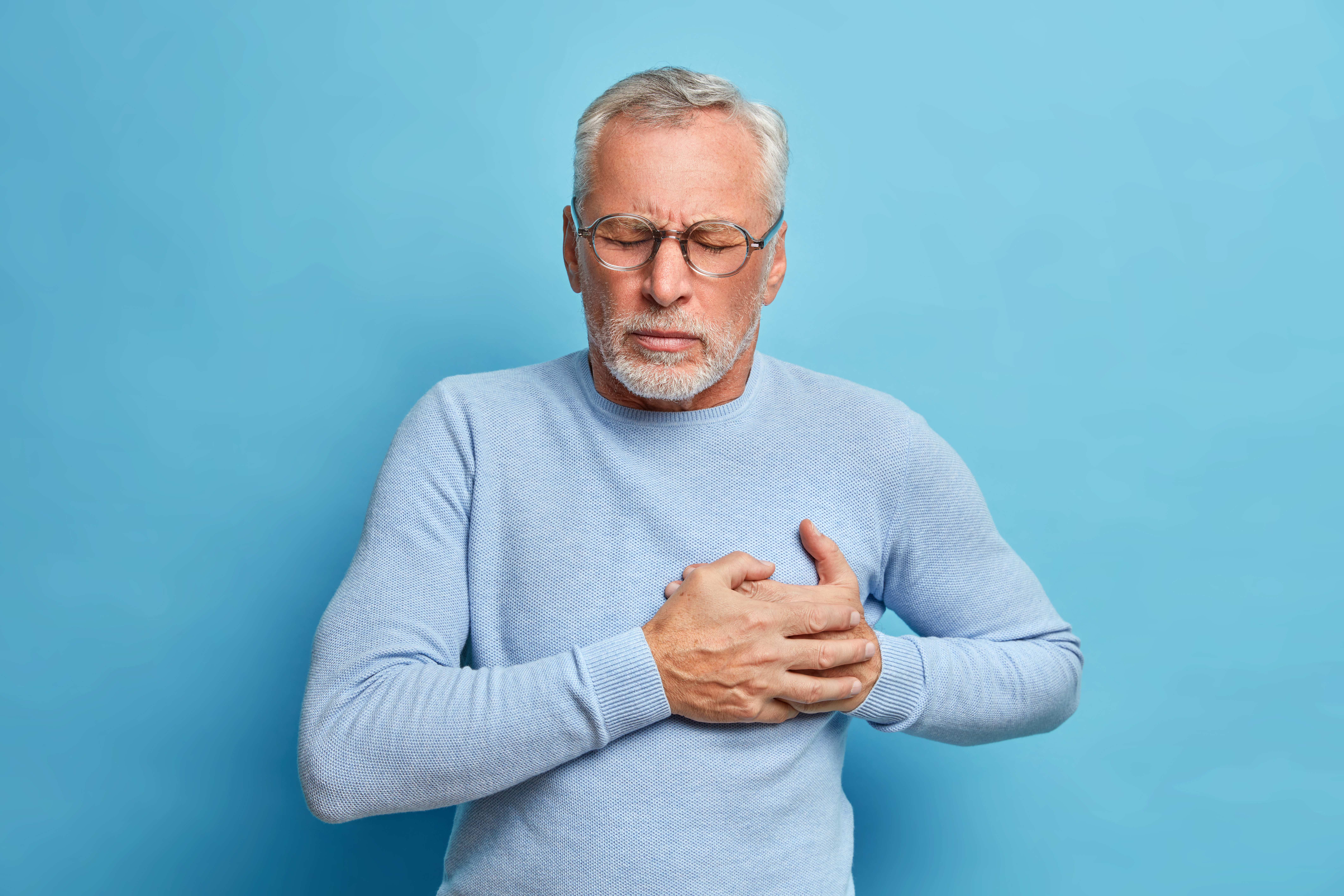
- Heart failure – This occurs when the heart ceases to function properly due to blockage in blood flow hence, it cannot meet the body’s demand for oxygen and blood.
- Heart attack (Myocardial infarction) – When the oxygen needed by the heart muscle is cut off, the muscle ceases to operate due to lack of energy produced in the muscle cells and this causes pumping to cease.
- Arrhythmia (abnormal heart rhythms) – Arrhythmia is when the rhythm of the heart becomes abnormal, thus it becomes too fast (tachycardia) or too slow (bradycardia). The irregular rhythms or beating of the heart could result in the inability of the heart to pump blood to some parts of the body.
- Stroke – This is a condition that has to do with blood flow from the heart to the brain. Without oxygenated blood, the brain could suffer damages or even worse, die off.
- Inherited heart conditions – Some heart conditions can be transferred via the genes of parents to children and such conditions tend to show up as the child grows and more load is put on the heart as a result of various activities (such as running, vigorous exercise, weight lifting, etc.) being performed by the body.
- Coronary Artery Disease – This condition occurs when the coronary artery that supplies blood to the heart is blocked and the heart itself begins to lack oxygen supply. It often leads to heart failure.
- Congenital Heart Disease – This condition occurs during the formation of a baby in the womb and the heart is unable to form well. The deformed heart then begins to manifest its inability to support the body as the baby grows all the way through to adulthood. A typical example of this is the infamous hole-in-heart condition.
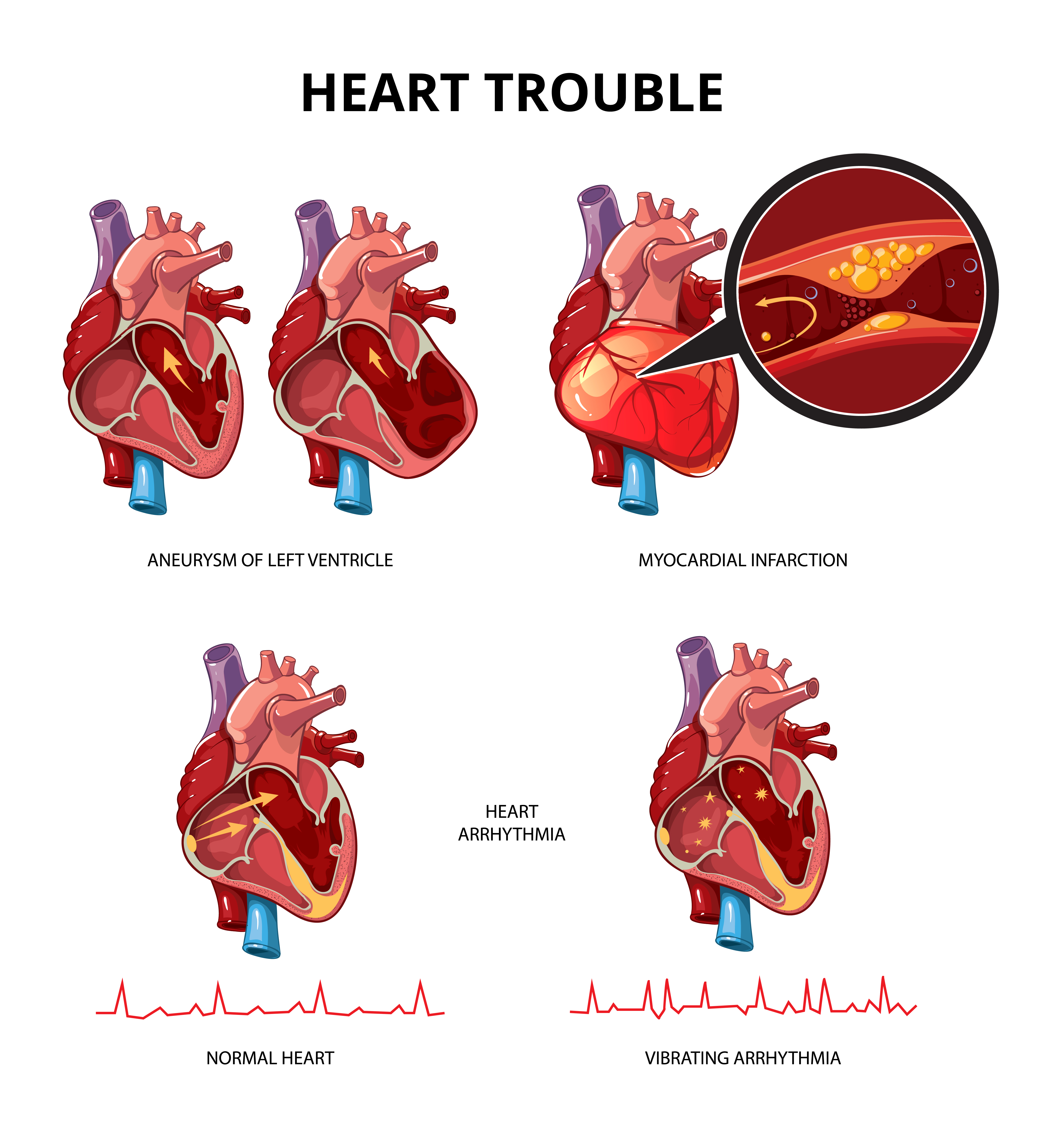
Signs and symptoms of heart diseases
Well, let’s now take a look at some signs and symptoms that could give a hint of heart disease;
- Angina – This could be tightness, pain, pressure, heaviness or any discomfort felt in the chest region and this is often due to reduced flow of blood to the heart.
- Palpitation – Often leading to high blood pressure and some discomfort in the chest is the irregular beating of the heart. This usually feels like the heart wanting to explode or pop out of the chest.
- Dizziness, fainting light-headedness – Caused by lack of blood or oxygen flowing to the head or deoxygenated blood blocked from flowing back to the heart for oxygenation. This could be a sign of low blood pressure as well.
- Shortness of breath (Dyspnoea or Dyspnea) – I know, how can the heart be related to this? But the truth is, when there is no blood in your lungs, there is no exchange of oxygen or carbon dioxide and that is like holding your breath for as long as you live. Remember, there are trillions of cells in your body competing to exchange carbon dioxide for oxygen.
- Fatigue – When the heart is weak, the body tends to grow tired or lacks energy quite quickly due to the inability of the heart to transport blood (containing nutrition) and oxygen very fast; making you want to sleep more to retain or conserve the energy. Due to this people with heart conditions aren’t able to undertake vigorous activities.
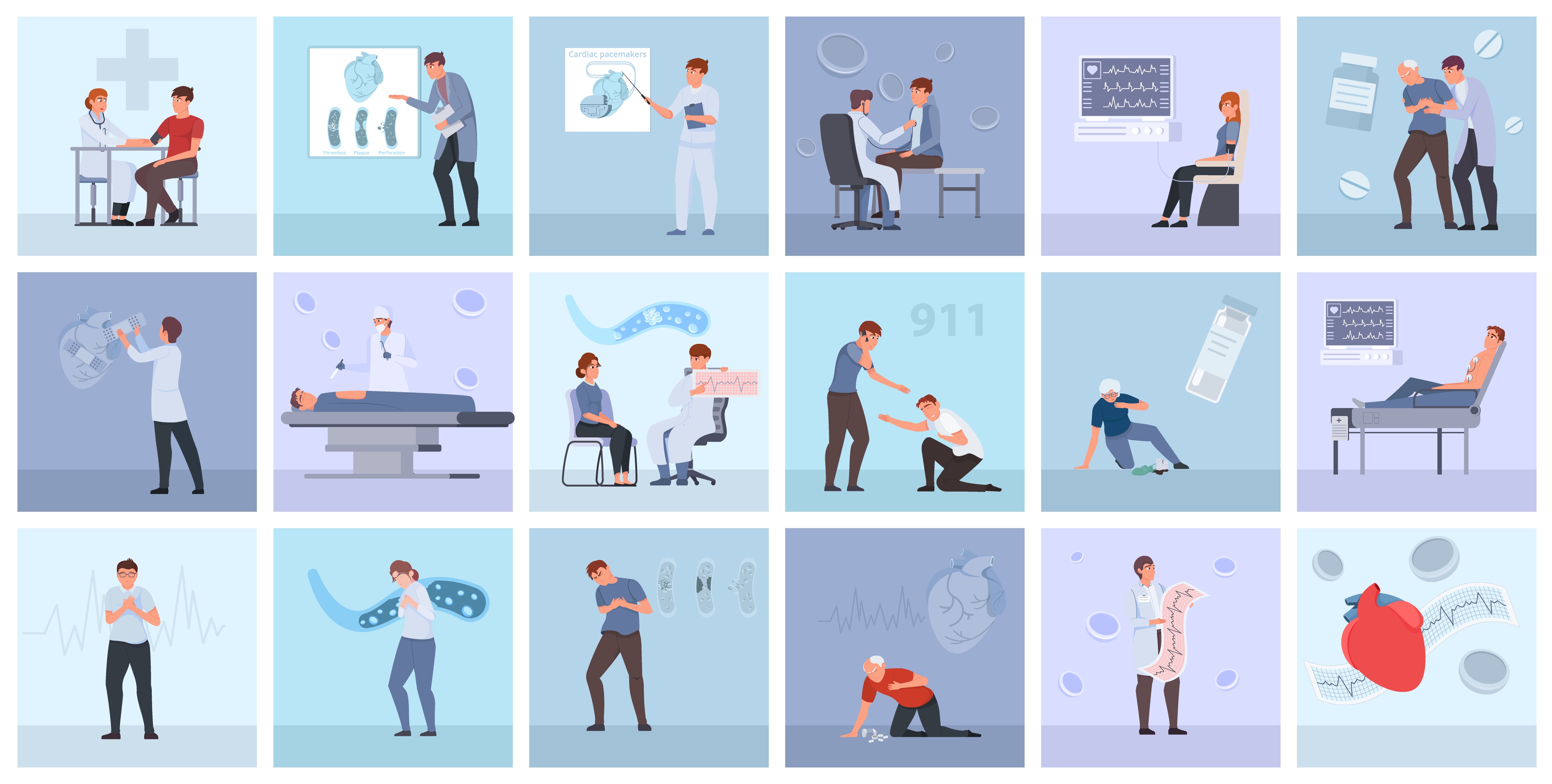
Prevention of heart diseases
What you can do to prevent heart diseases include;
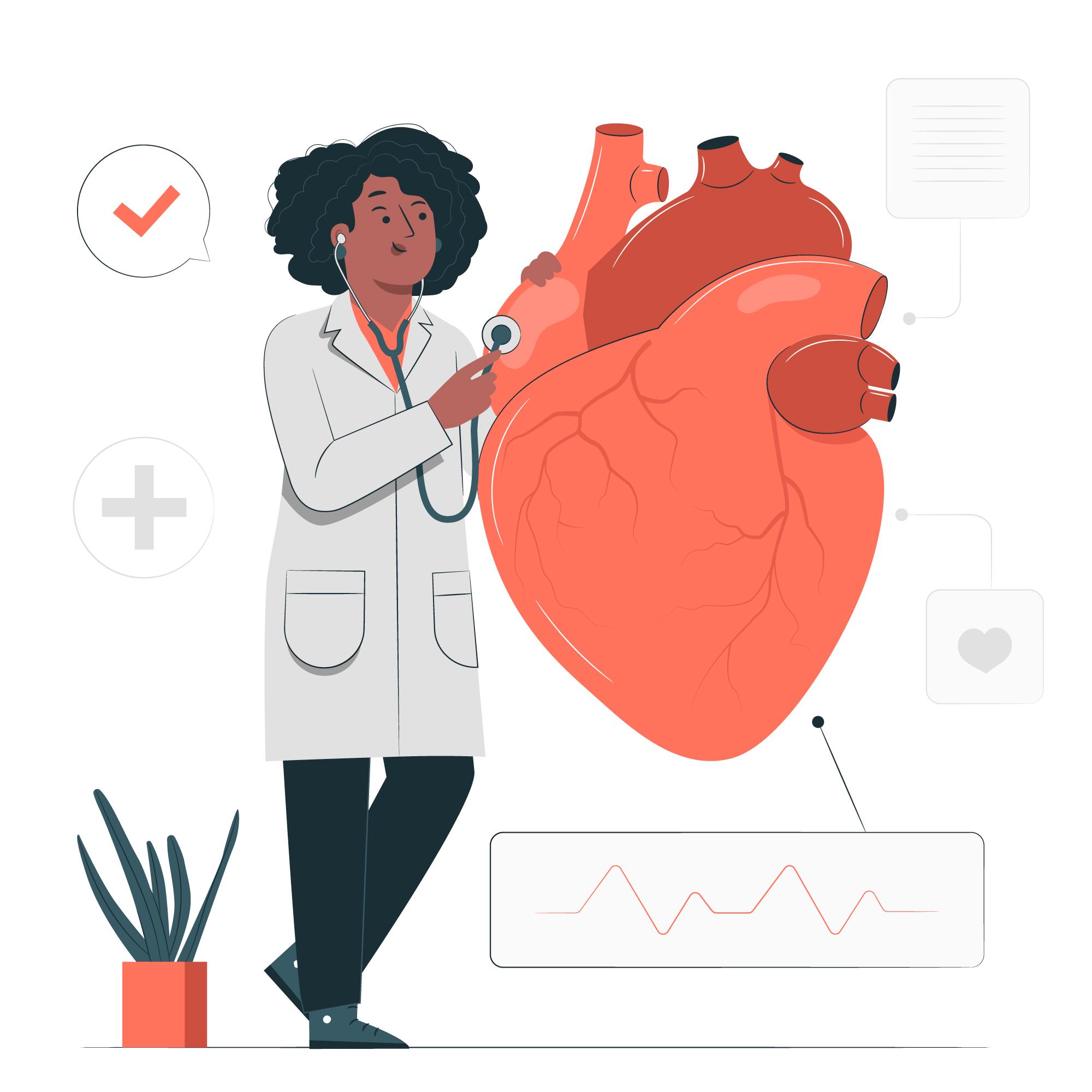
- Regular check-up to the physician or a medical health professional – Don’t wait till you’re ill, Pharst Care just made it easier with their FREE consultations on your phone in the comfort of your home.
- Eat balanced meals - Avoid junk food which just build up cholesterol or fat in your blood vessels and block them, it’s the shortest route to getting cardiovascular diseases. Don’t forget your fruits and veggies.
- Regular exercise is essential for burning excess body fat and making sure your heart rate and blood pressure remains well regulated. Older people should avoid strenuous exercises as the heart grows weaker with old age – just a short walk and few stretches should be fine. The young people shouldn’t overdo exercises, it’s killing you faster than you think.
- Have enough rest – this can’t be stressed enough; too much screen time is killing you slowly each day.
- Spend time with family and friends to cheer you up. Nothing heals the heart better than its happiness. Don’t drown yourself in too much work, eventually, sadness, loneliness and tiredness will set in and drown you.

Take very good care of the heart and never forget to reach out to your nearest doctors at Pharst Care, the pharmacy is in your pocket!
Feel free to share on any platform
Similar Blogs
Anonymous Comments
We DO NOT record comments with the users who posted them.


